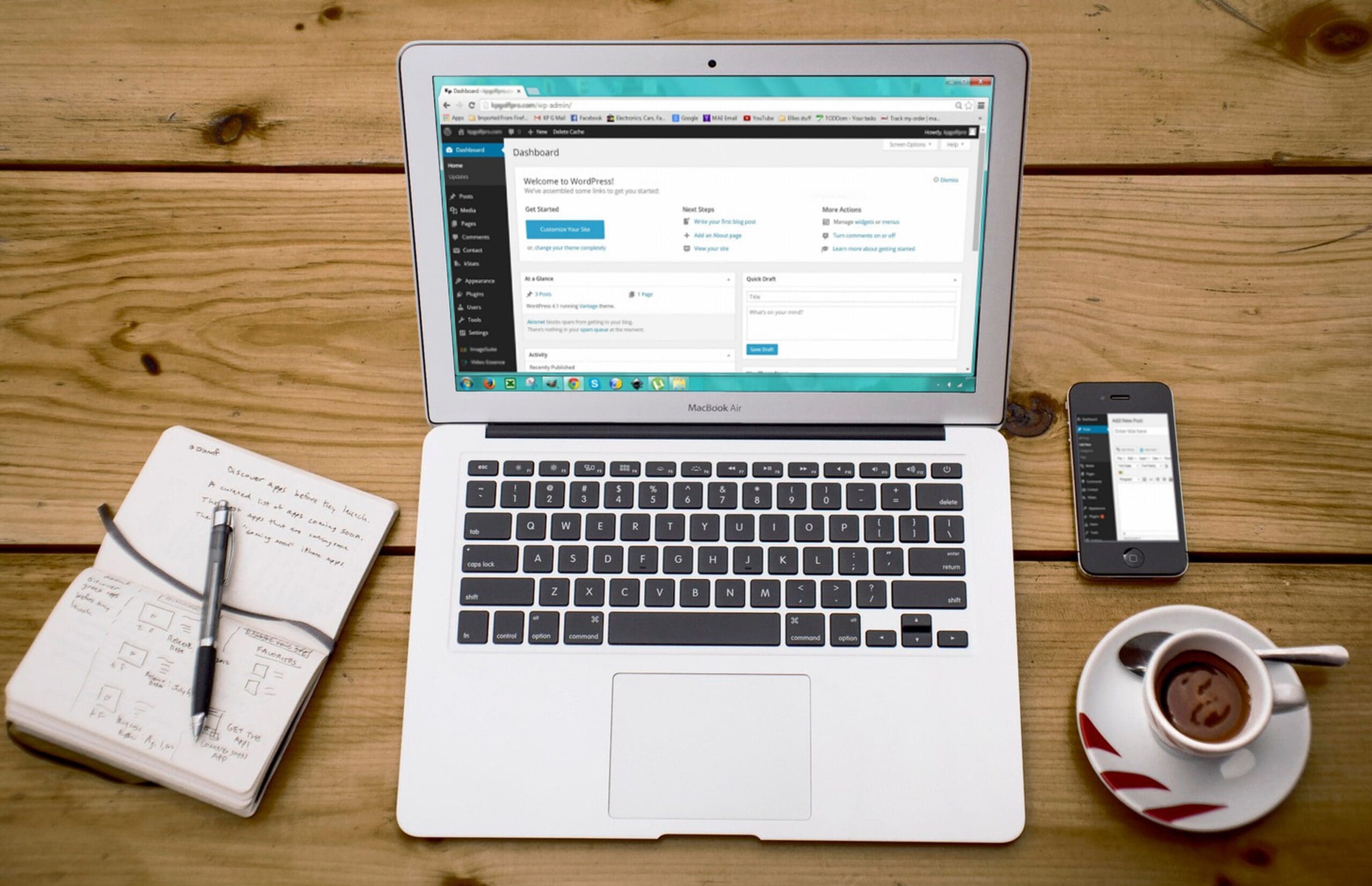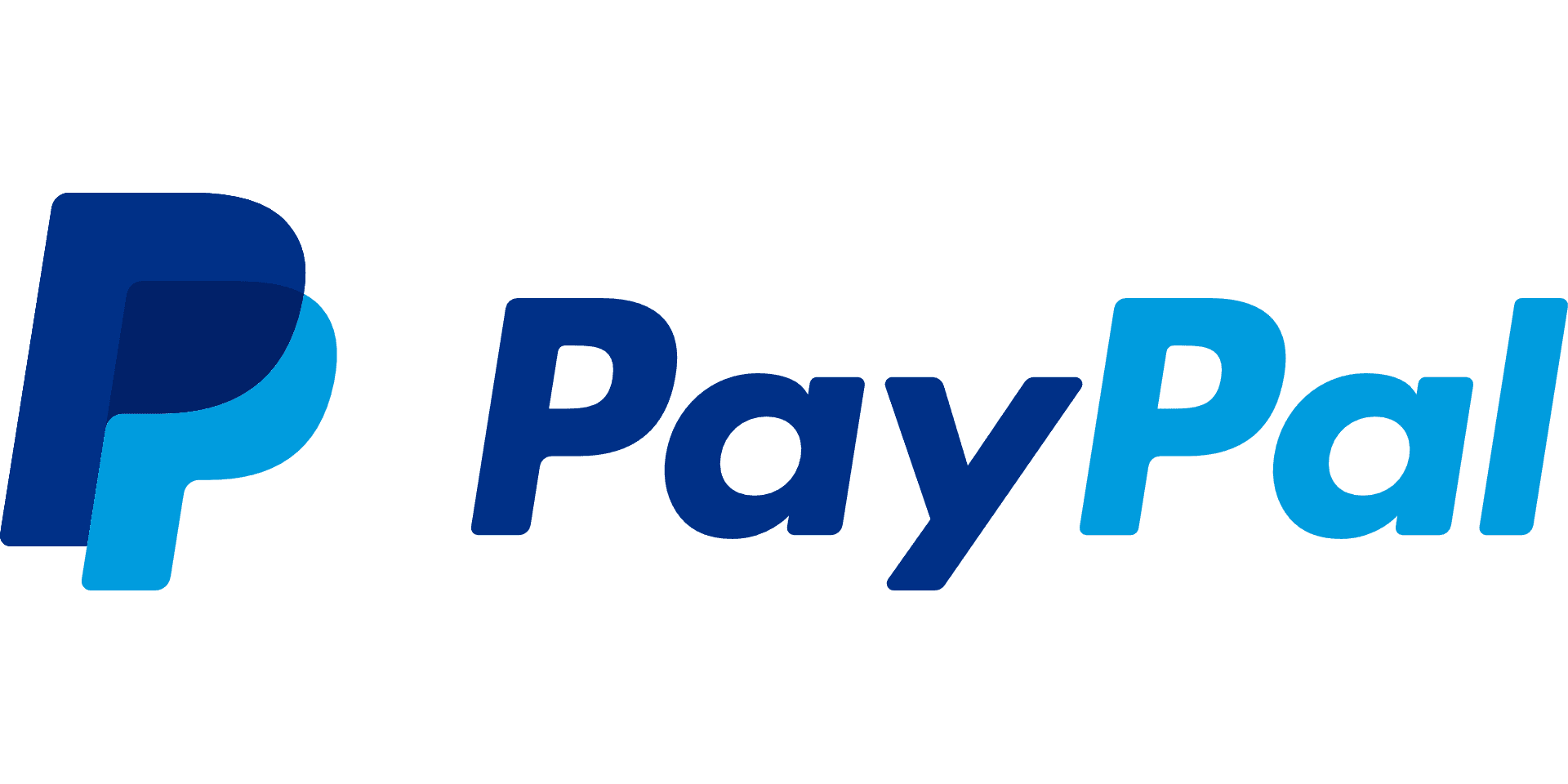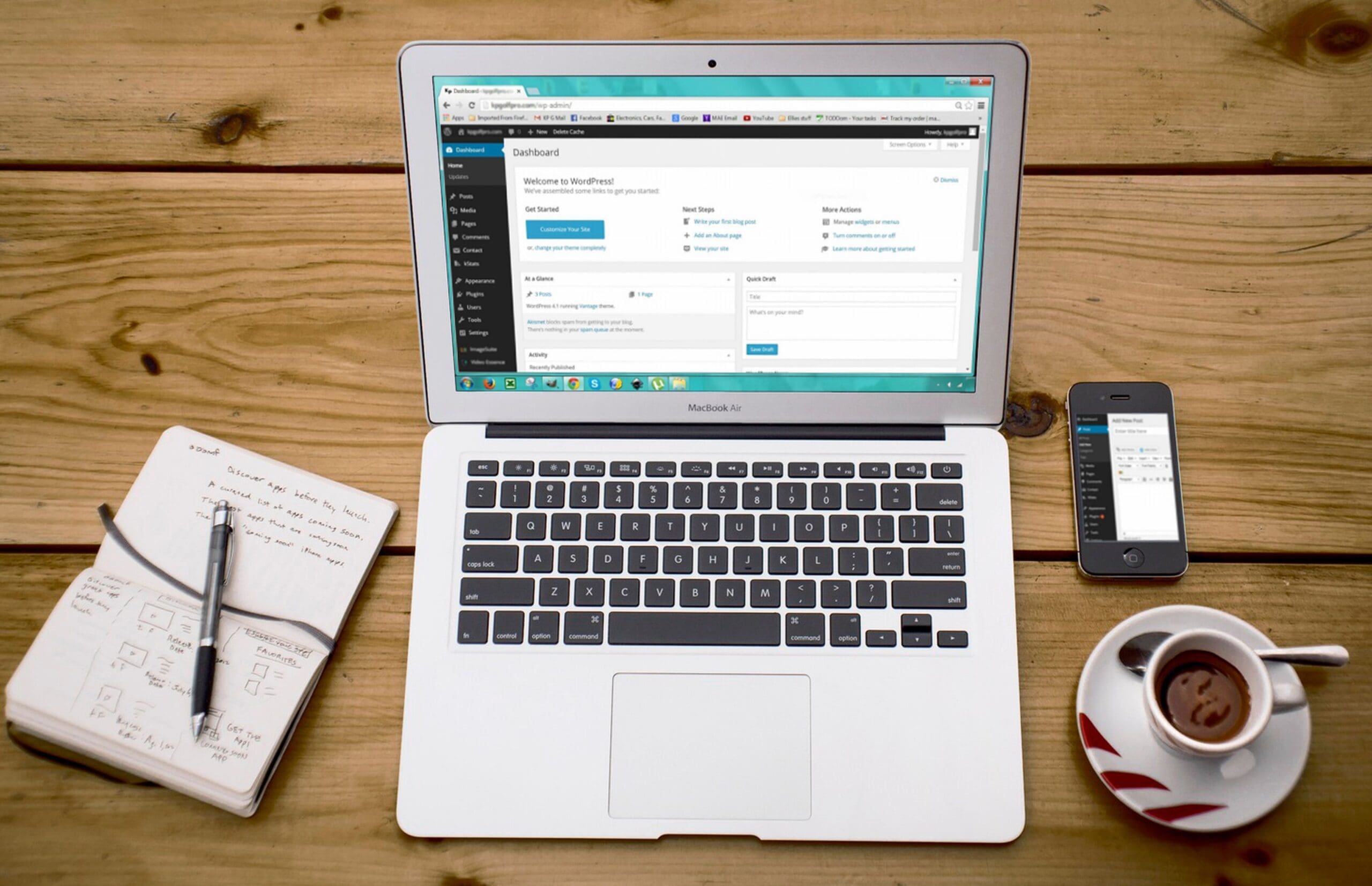Do you love to write? Thinking of becoming a freelance writer? There are few things as nerve-racking as starting a new freelance writing career. You have to convince other people to pay you for what you do. You have to convince yourself that your work is worth being paid for. Also, you have to find clients and sell yourself and beat out the competition. At the end of the day, doing the actual work is the easiest part.
Here are ten essential steps you can take to set yourself up for success as a new freelance writer.
1) Create a Personal Website

Having a website or digital portfolio is the easiest way to present yourself professionally to new clients. In today’s online climate, the website is as important, if not more so, than the resume. It can be hard as a freelance writer to organize all of the many hats you wear to fit on a curriculum vitae or resume, so instead, highlight them on an attractive webpage. Headshots, writing samples, and a few client endorsements can go a long way in showing that you’re serious about what you do. If you don’t have enough articles to post each week, you can always buy content from other writers.
2) Understand Rate Structure
Different clients will want to pay you in different ways. That weekly newsletter you landed might be rewarded with a flat rate per edition, while the one-time article may be reimbursed by the 100 words. Knowing the difference between getting paid per word, per hour, or per piece is crucial to being able to make what you deserve, regardless of structure.
3) Create a Paypal Account

Once you’ve decided on a rate structure for your client, you need to get paid. The most streamlined way to receive payment is through Paypal. It takes less than 10 minutes to set up an account, and having this complete is possibly the easiest step in becoming a freelance writer.
4) Set Up A Reliable Invoicing System
When you have a reliable invoicing system in place, the entire process of getting paid becomes streamlined. From the moment clients order content to the moment you’re ready to get paid. An invoicing system helps you keep track of unpaid and paid assignments.
5) Take This Seriously

Treat your new endeavor as a business, because it is one. Invest in a website. Schedule time to write. Don’t get too comfortable with the flexibility of the work, telling yourself you’ll “get it done later.” This lax outlook will cause missed projects or deadlines, ultimately resulting in a disappointed client. Treat your freelancing gig as a job, and show up for it.
6) Know Your Strengths
Chances are, writing is not the first thing you’ve ever done in your life. All of the past careers and studies you’ve had are valuable material to support your work now. The first clients you seek should be in these demographics if you already have a great knowledge of Tech or Law. Play to the abilities and knowledge that you already have coming into this new career. It will make your job way easier if you start writing what you know.
7) Know Your Limits
Counterpole to your strengths, your weaknesses are equally important to be aware of. It can be extremely tempting as you are starting out to accept every job that comes your way. This can quickly lead to an overfilled plate or projects that are completely outside of your wheelhouse. You need to know what you can realistically complete in a day, and which projects are better suited for another writer. It is okay to turn down a job if it’s not the right fit at the moment. In the end, you’ll be doing yourself and your client a favor by being honest.
8) Expand Your Skill Set
The idea behind becoming a freelance writer is to write. There’s no arguing that. But the hard truth of it is, is there can be a lot of time between jobs. One of the best ways to utilize this downtime is to expand your skillset. The more aptitudes you can add to your resume, the more valuable you are. Familiarize yourself with the most common programs; G Suite, Adobe Creative Cloud, Shopify, WordPress, and many more. These tools will help you in your own work, but clients will see endless value in your wide range of skills.
9) Be Prepared to Write for Free

Most clients will want to see a writing sample before hiring you, especially as you are just beginning. This can be anywhere from a 200-word blip to a fully formed article. Usually, these samples have their own custom criteria or subject matter, so you cannot recycle your work. It can be daunting to write for free, especially after you’ve landed a few jobs, but as you start out, you are proving yourself, again and again. Think of it this way. If you can’t write the sample, then you probably can’t write the project.
10) Keep Writing and Stay Passionate
You’re going to do a large amount of writing for clients, but a lot of that won’t be what you really want to write. After ten articles about cryptocurrency or kids’ toys, you may feel a little tapped out. Don’t ever stop writing material for what you are truly passionate about. A blog is a perfect place to host your personal work and hone your professional skills. Plus, you can use these posts as sample work for new clients. If you’re lucky, one day, you’ll be paid to write the Complete Guide to Grilled Cheese that you’ve always dreamed of, but not if you forget about it now.
Featured Photo by fauxels from Pexels










